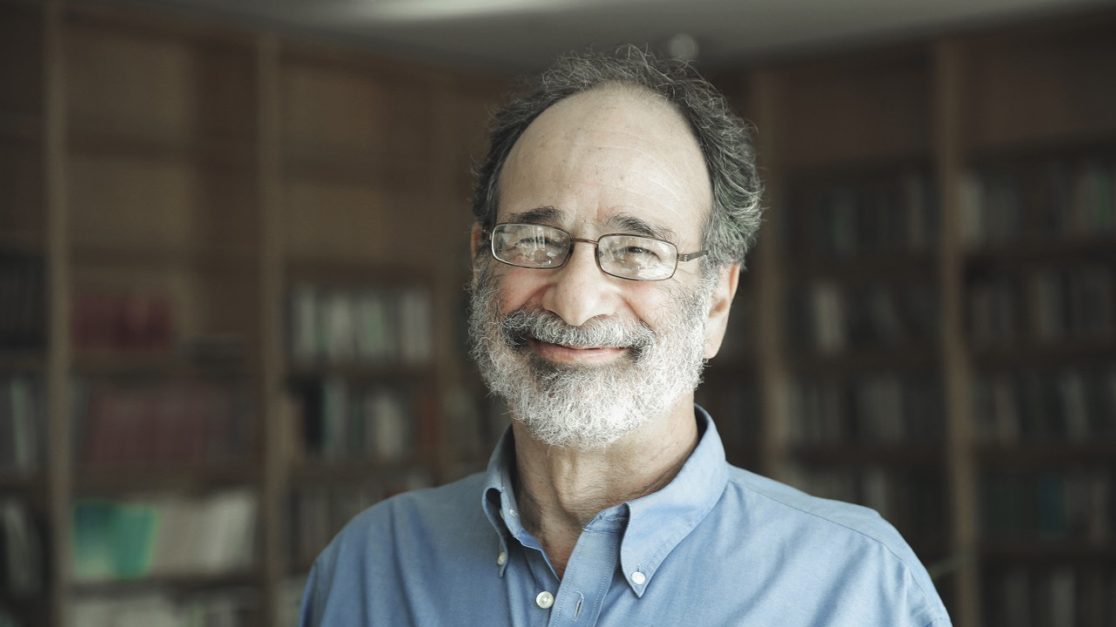ROAM Capital Will Open an Office in Miami to Cover the Family Offices and Latin American HNWI Markets
| By Fórmate a Fondo | 0 Comentarios
ROAM Capital is finalizing all preparations for its arrival in Miami, the main destination of high net worth Latin American investors in the United States. The company, which already has a presence in Bogota, Colombia, will have a new office and a team of professionals highly specialized in alternative investments.
Founded in 2009 by Philippe Stiernon, ROAM Capital is the first Latin American placement agent exclusively focused on private equity and other alternative investments. The company only strives to work with “top quartile”, and preferably “top decile”, managers, giving them access to its proprietary network of Latin American investors. It is usually limited to about 3 or 4 mandates per year, as their philosophy prioritizes quality over quantity. “By investing with the best, it is very difficult to lose capital, and the premium for choosing well is very high; therefore, we seek to only work with top quartile managers, as above all, we have a commitment to alpha and capital preservation,” says Philippe mentioning the rigorous “due diligence” process to which the company submits the managers. Using four key assessment criteria: team, strategy, track record, fund terms and structure, it seeks to identify segments of high conviction with managers who have demonstrated consistency in returns and have maintained a successful and proven track record that spans multiple vintages during different economic cycles, with stable teams and narrowly defined strategies. The company also has its own grading system for managers and maintains an updated ranking of all funds by strategy and vintage year.
In the company’s five-year history, ROAM Capital has raised more than US$ 750 million for the private equity funds it has represented, among which are groups like Quilvest, PineBridge, RCP Advisors, ICG, Asia Alternatives and Coller Capital, amongst others.
The company’s initial goal was to bring the best alternative strategies to Latin America. At the time, instability in the North American and European markets favored the migration of private capital to emerging markets where the company also capitalized representing Latin American fund managers, as was the case of Teka Capital in Colombia, Evercore in Mexico, The Forest Company in Brazil, and most recently, MAS Equity Partners also in Colombia, a company which is currently raising its third fund with the help of ROAM Capital, and in which the IFC is the anchor investor.
The first stage developed in Latin America while regulatory changes were taking place, which allowed Pension Fund Administrators to venture into alternative investments and authorized a designated exposure for investments in private equity funds, a segment in which ROAM Capital specializes. “We managed to compete and differentiate ourselves through specialization, since many of our competitors have other priorities and have placed alternative investments on the back burner. It is a big universe, which requires lots of study and full-time dedication. We also have no conflicts of interests, nor have we ever suffered scandals like some of our competitors, because we only do one thing, distribution of third party funds and are always guided by the highest ethical standards and our commitment to delivering results for our clients,” says Philippe Stiernon, founder of ROAM Capital.
 Enlarge
EnlargeThe company also didn’t take long to specialize in the Latin American family offices segment, a high-growth and closed door market, in which the company has a reputation for leadership and privileged access to the largest industrial and financial groups in the region. Due to confidentiality reasons, the company does not disclose the names of the families for which it has had the privilege to work, but many of them are part of the Forbes list of billionaires. “We work with a large group of about 75 families in the region, within which there are various levels of sophistication. From the high net worth individual investor to the large single family office with institutional infrastructure. We also work with several multi-family offices who share our absolute return mentality and seek the best managers for each strategy regardless of personal biases in their due diligence process”.
One of these is BigSur Partners, a multi-family office in Florida with more than US$1 billion in assets, which has been working with ROAM Capital for several years in the construction of its private equity funds program. Ignacio Pakciarz, BigSur CEO, comments: “We have been working with Philippe and his team for the past 4 years, and we share the philosophy of collaboration between our companies entirely, as well as that of focusing on managers who are first quartile leaders in their segment. Another advantage of working with ROAM Capital is that the commission is not paid by the investor but by the manager, so that their services do not increase the transaction cost for our clients. The benefit of having ROAM Capital as a source of support throughout the “due diligence” and subscription process is really tangible. Through them, we have managed to secure capacity for our clients in several private equity funds which would normally be oversubscribed, something which really helps differentiate ourselves”.
ROAM Capital is currently in the process of expansion. Recently, the company signed a couple of strategic alliances with a global agent and a regional group, which will allow them to break into the North American market and further expand and find opportunities in other Latin America countries. The opening of the Miami office is just the ‘tip of the iceberg’ in its quest to establish itself as the leading Latin American placement agent focused on private equity and other alternative investments.
During the past 18 months, ROAM Capital has attracted three major fund managers to Miami: the first was Intermediate Capital Group or “ICG”, a leading European credit and mezzannine funds manager, the second fund manager was Asia Alternatives, a company specializing in Asian private equity funds and an investment leader within its focus region, and the third one was Coller Capital, a pioneering and innovating secondary player who provides liquidity solutions for investors in private equity funds.
“All of these managers are leaders in their respective segments in terms of returns, and have historically exemplified a singular-focus on a specific region or strategy which is what we typically look for, we like specialists. All of them also exceeded their fundraising targets and were oversubscribed in their most recent funds, a common dynamic when dealing with first quartile managers,” adds Philippe Stiernon.
In short, the history of ROAM Capital is one of success, the firm has managed to double the fundraising volumes year after year since 2010, and perhaps most notably, it has managed to gain the trust and credibility of institutional and private investors in Latin America. With their arrival in Miami, a more personalized service is expected for single and multi family offices and the creation of new work schemes will be explored. Also new job opportunities will be created for professionals with the required skills to work in the private equity and alternative investments industry.








